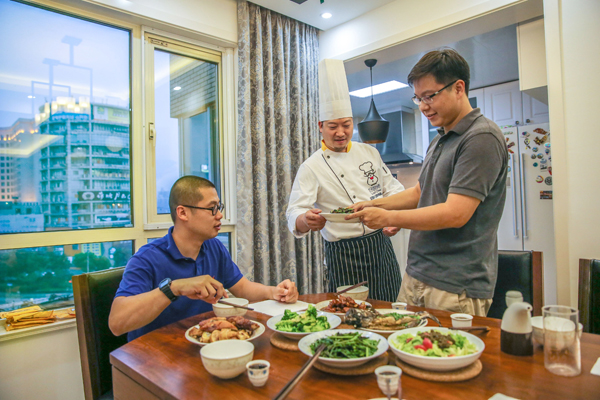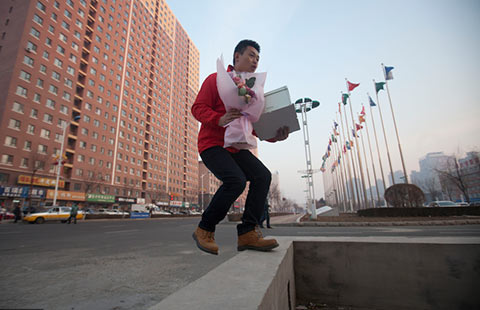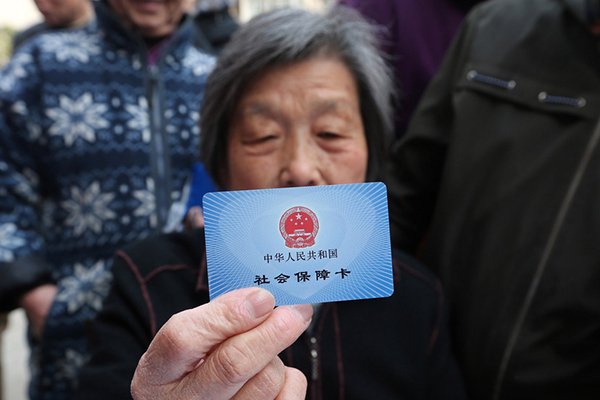'Smart' home food for thought, taste & tummy
 |
|
An app-based chef provides home-cooked food in Shanghai at the tap of a button. [Photo/Xinhua] |
When heavy smog blanketed Beijing one day in November, Li Pengfei, 26, a software programmer, didn't feel like stepping out of his flat. But then, because he was given to eating out oftener than not, he was in a quandary: where to eat dinner?
Home-delivery of nearby restaurants wasn't an option-for him, their fare was insipid. Specialty food was miles away. Finally, he settled for Home-Cook, a smartphone app that matches diners and hosts who are willing to share their home-cooked meals.
"It's quite convenient. The meal was delivered within an hour. Most importantly, the dishes tasted like the food made by my mom, authentic Hunan cuisine," Li said.
There are many like Li who are reaping the benefits of the so-called "sharing economy".
In China, sharing economy is evolving fast. First, apps were used to hitch a ride in a stranger's car. Then, apartments owned by strangers were rented using apps. Kitchens are par for the course now.
"There is firm demand for personalized home-cooked meals as they are regarded healthy. Most white-collar workers are often too busy or too tired to cook for themselves," said Tang Wanli, CEO of Home-Cook.
The two-year-old startup in Beijing launched its app in 2014. The app allows users to buy meals made by people within a radius of 3 km. They can either visit the host to pick up their meals or have the food delivered to their home.
More than 2 million users have registered on Home-Cook, which is available in five cities, including Beijing and Shanghai. They are served by more than 60,000 registered "hosts".
Most of the hosts are retirees and housewives. The app offers them a chance to make a bit of money and meet new people.
But to ensure food safety, all hosts are required to register with their real names and official IDs. They also need to produce a health certificate and assure food safety, which are requirements for employees in China's food and catering industry.
Home-Cook has a rigorous procedure to vet its hosts. It examines their cooking skills, menu and kitchen condition. Users can rate the food and their host's general demeanor and the kitchen's condition (if they visit it).
To handle any possible disputes, Home-Cook has partnered with PICC Property and Casualty Co Ltd, a major insurance company in China, to insure every meal ordered through the app.
Liu Xuwei, an analyst at Beijing-based internet consultancy Analysys International, said Home-Cook is trying to differentiate its services from the takeout and home-delivery apps such as Ele.me and Meituan-Dianping.
Despite Home-Cook's strict food safety measures, industry observers said its business falls in a legal gray area.
"The platform and the hosts do not have necessary licenses for working in the catering industry. The legal risk is far greater than the ride-hailing apps," Liu said.



















